Well, this is a chonksome spoiler warning.
If I’m going to talk to you about what I found interesting about Fringe, I’m going to need to talk to you about each season of Fringe, and it’s an interesting series in that each season introduces a new status quo, and then usually changes that status quo midway through the season. A good way to think of it is that the five seasons of Fringe are one show trying out five different genres as ways to tell a story, in a broad way.
If you want an opinion of Fringe without the spoilers, though, I’d say that it’s pretty good. It says a lot about how TV series with interesting ideas work in that I am finding myself best able to describe it as ‘It never angered me,’ as if that’s a mark of high quality and esteem while not making it sound like it’s some sort of masterpiece. The episodes have to be watched in order (and one was screened out of order), the creator’s vision is reasonably interesting, and each season changes things so that if you dislike one season you know a change is coming.
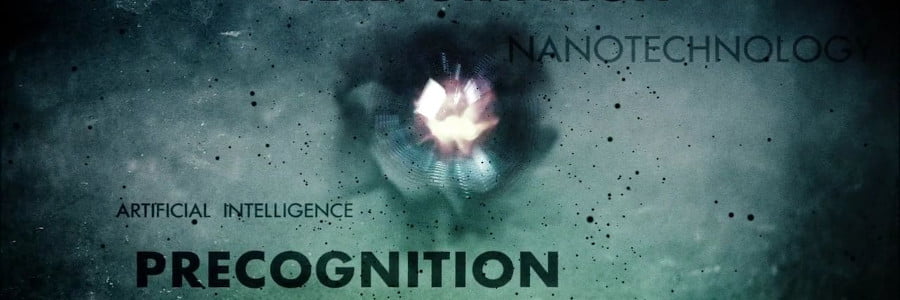
It’s really good sci fi if what you’re looking for is decent sci fi, rather than pop-the-top-off-your-head-expand-your-brain-weirdness sci fi. If you’ve read even one decently sized science fiction short story collection, you’ve read the kind of stories you’ll get here, interspersed with a different ‘big idea’ world thing going on, along with some reasonably interesting, fun characters.
Okay? Like, that’s the recommendation. Fringe never made me deeply exasperated with it being stupid.
An added content warning: This is a series with a lot of body horror. Most episodes open with a 5 minute short story about something graphically awful happening to a human through the metaphor of a human body. Drugs are a constant presence, with Walter regularly offhandedly mentioning being stoned out of his gourd, too.
Fringe is, at the start, the story of an uptight FBI agent named Olivia, pulled into an ongoing investigation of something completely ridiculous and impossible thanks to the involvement of a goofy old man scientist named Walter, who gets pulled out of a mental institution thanks to Olivia pressganging his extremely untrustworthy criminal son, Peter. This wonderful character triad of nerd-narc-knife sustains the series as it forms the basis of the Fringe (oh like the title) Division of the FBI, whose job is to investigate the completely unknown and weird-science events.
I can see ways to compare this to The X-Files, but if I do that I want to make it clear it’s as praise; good episodes of Fringe are short science fiction horror stories, where a lot of the puzzle is our heroes arriving or discovering something, finding out that they can contain a person or a thing or protect someone, and then get out, unable to contain the actual source of weirdness. It goes away on its own or our heroes find a cure to it or a containment but never really deal with the source of it.
The cast is bigger than this core trio, and most of the characters it does something interesting with. I say most, because there’s poor Astrid, a woman who just never gets respect. I don’t just mean the joke is that she’s hard done by, but this character literally exists to facilitate other people doing things, and then have her name mistaken. What makes that especially odious is that it seems it’s an extension of the writers of the series struggling to get the name of her actress correct, which means that a queer black woman had to play a role of babysitting white people who can’t get her name right, and…
Yeah that sucks?
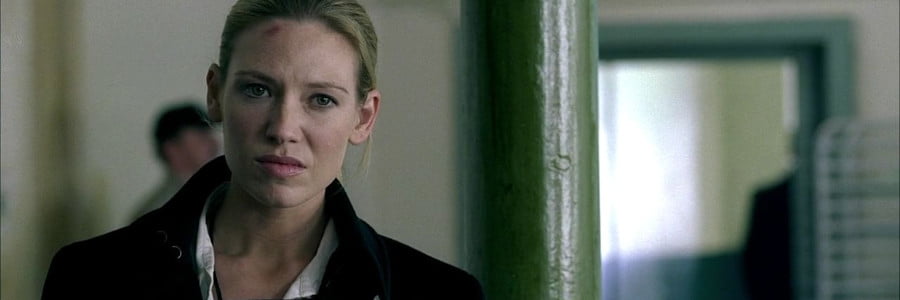
At the point where you start to talk about Fringe, given the continuity of the series and the big changes the story makes throughout its expanse, it can be funny that there are things you wouldn’t even consider a spoiler in Season 4, I mean, it was only important for a little bit at the start of the series, that nonetheless come at you like a fist through fog in the first season.
Season One tells the story of how Olivia uses brain drugs to dream her way into the mind of her comatose partner (and secret lover) to try and find the person responsible for his coma (and save him) only for that saving him to result in discovering that yeah it turns out that he’s heading up some sort of virus bioterrorism and yet also he’s telling her hey, you need to keep investigating this, and we introduce the idea of The Pattern.
The Pattern is this weird set of things that are happening that coincidentally centre around cheap-to-film-in locations that could pretend to be near what’s pretending to be Boston, which I’m guessing is probably Vancouver. The story explaining what this is takes up the bulk of season one and concludes with introducing that there’s weirdness going on because a nearby parallel universe is leaning on ours and is sticking its fingers in our ear.
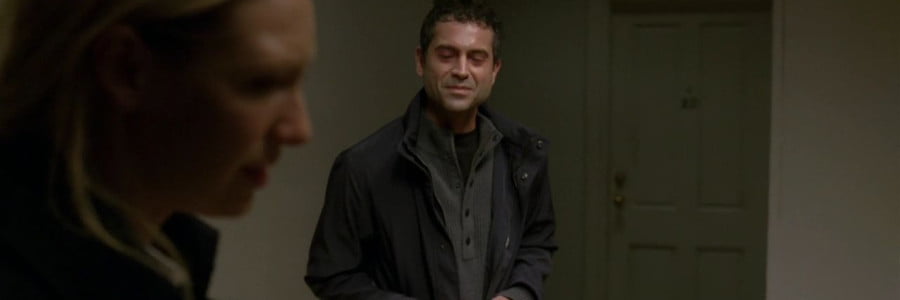
Welcome to Season Two, where now the problem isn’t general weirdness but is now tied to a specific thing and experiments trying to discover or confront that thing, which is a second parallel universe full of dopplegangers trying to invade this universe for some nonspecific reason, and the whole thing builds up to a war, an invasion, and some good ole paranoia fuel, and then the twist that Peter isn’t from the default universe and that the primary antagonist of that universe who is really pissed is in fact, that universe’s Walter, who had his child kidnapped by Walter when he was a child.
And that, that was a plot beat that made me sit back and go ‘oh okay, that’s pretty goddamn interesting.’ Because we talk about difficult men in media, it’s typically about some guy who is a huge asshole but the entire mechanism of a story is positioned to make their asshole behaviour seem somehow acceptable. In the case of Walter being revealed to be both the instigating event and its villain and having literally been lobotomised to ensure that he wasn’t the same person, well, that’s a Difficult Man that doesn’t just repeat the plot of Scarface. Plus, the story doesn’t end at the revelation of that, and so we get to see the character trying to find ways to get better.
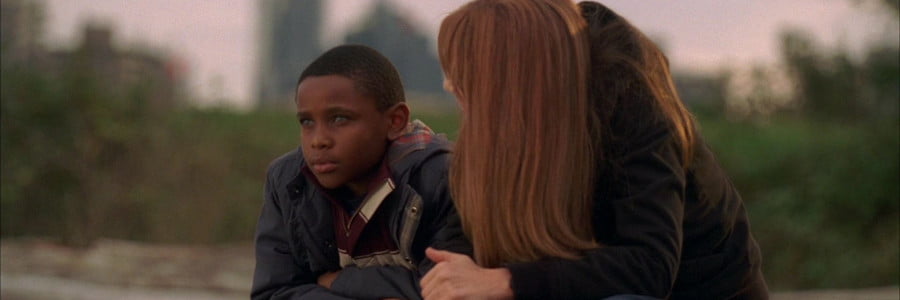
Then Season Three changes things up again, because it’s no longer a story about an invading enemy universe that’s got some sort of evil weird scheme, and is instead about an impending war between two legitimate political forces that can only make war on one another with what amounts to Super Science Special Forces, with the potential collateral damage for each side as the entirety of everything, and that means the conflict between the two gets fucking nasty. Like, we’re talking layers of infiltration and brainwashing and extremely unethical super-science (with different levels of the same).
But it isn’t just about the nasty super science spec ops stuff, it’s also about showing that both of these worlds are worlds. They are both full of innocent bystanders, they are both full of people and while the initial position of the seasons is both sides going ‘the death of everything in my universe is a legitimate enough reason to kill everything in that universe,’ the series eventually comes down on ‘killing a universe is bad,’ and therefore works on finding other ways to do it.
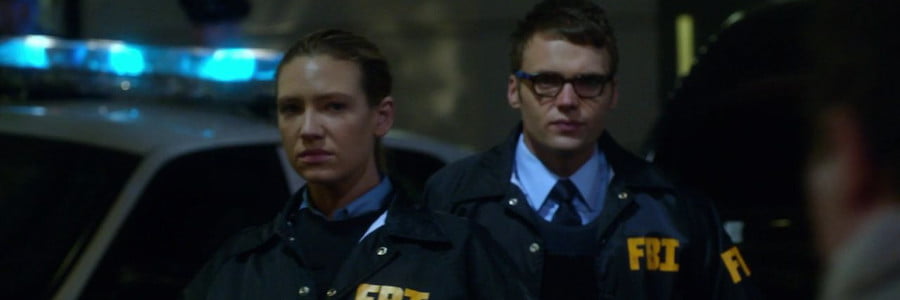
And then Season Four where you may think oh thank god now we’re going to get down to the solution to Season three, and where that new status quo with the two worlds bridging together and getting like, zeppelins at the Empire State Building as a form of national travel, and oh wait what do you mean no we’re not doing that?
Season four shakes things up with a whole new timeline. Both parallel worlds are now different, both missing something and Peter has been written out of reality. Characters are slightly different, including, y’know, Walter not having gone through with the war crime he did, but still he tried. But now the story is about Peter, who has foresight about both sides, about future cases, and about people who never met him trying to find a way to deal with the wonkiness of this time travel, and working out what the new cause for the situation is, or why he got written out of reality, find the villain, and thwart their plan.
At this point, I am straining against the series’ history, because like, there’s a ‘natural normal’ I can kind of imagine made up of excluded shapes for how I want these characters to just Do Fringe Stuff for a bit, and maybe answer a few dangling plot threads. And with the time stream stuff handled and one of the villains probably truly gone, we can just get on to –
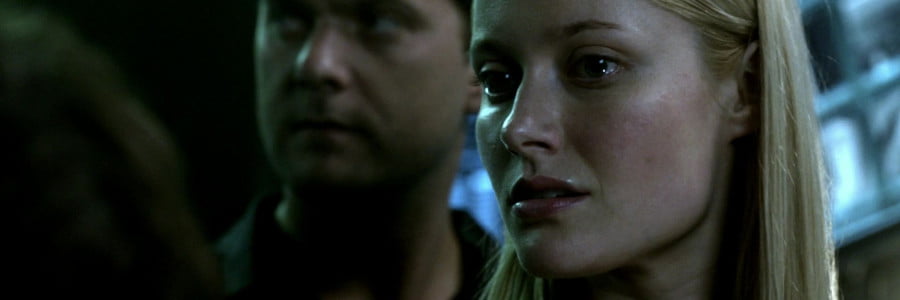
Oh fiddlesticks.
Season Five is an alien invasion?
LIke, it jumps forwards twenty years, thaws our heroes out of amber, and does a story about terror cells doing a super-science resistance against some very uh, makeup-friendly alien invaders that have had a long-standing place in the history of the series thus far. It’s… okay. It’s short, which is a perk, it introduces some cool characters, but it also kills them off and writes them out and finishes up the plot of the whole series with a pretty good explanation that also somehow feels a bit of a massive cop-out.
But it is a landing, which is more than I’d expect from its ambitious start.
And like, those are all five pretty interesting ideas? Just because the show turned into stuff I didn’t want at multiple points doesn’t mean it was doing a bad job of doing what it was doing along the way. Also a bunch of stuff in the earlier seasons was dropped unceremoniously (remember that Olivia had a sister living with her?) or unsatisfyingly wrapped up (time travel is a bit too easy of a solution to introduce) or a bit weird (wait, a culture of super-fast time travellers were foiled by what?), which I think means that it’d be a good idea if the writers of this story were paired to people with a lot of good editing skills and a focus on delivering tight, clearly followed narrative plans.
Oh, it was JJ Abrams.
Hm.